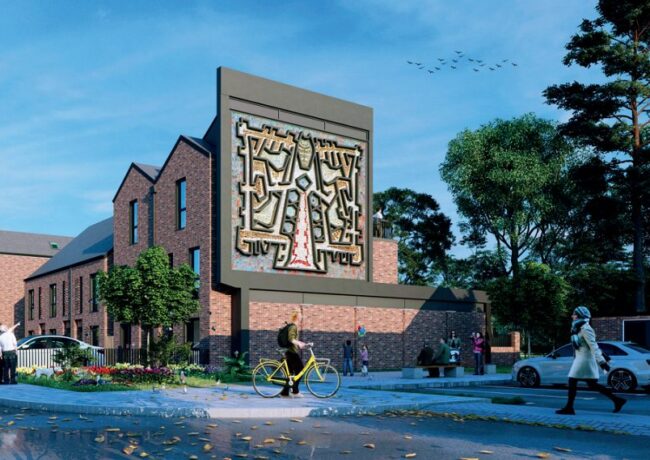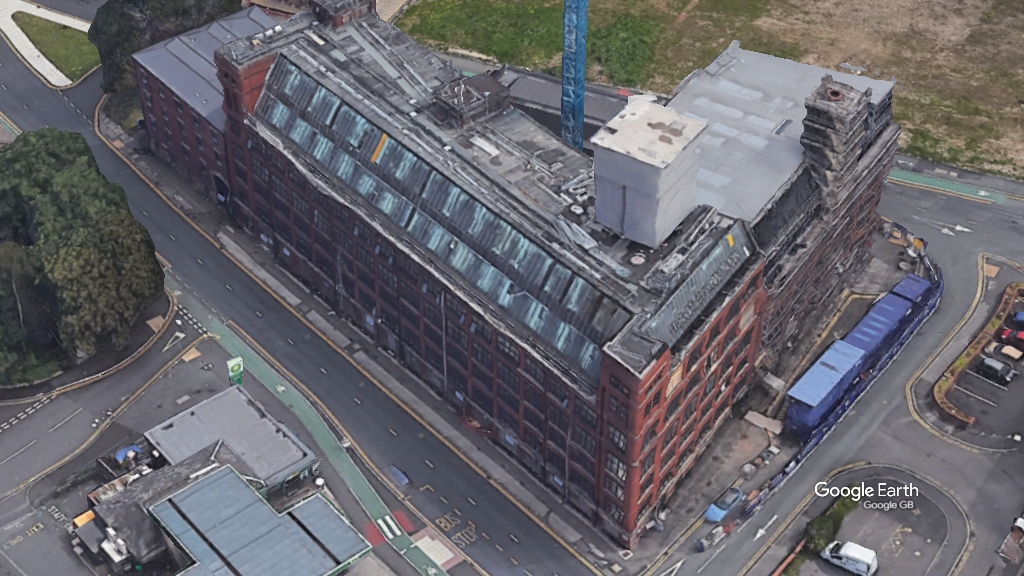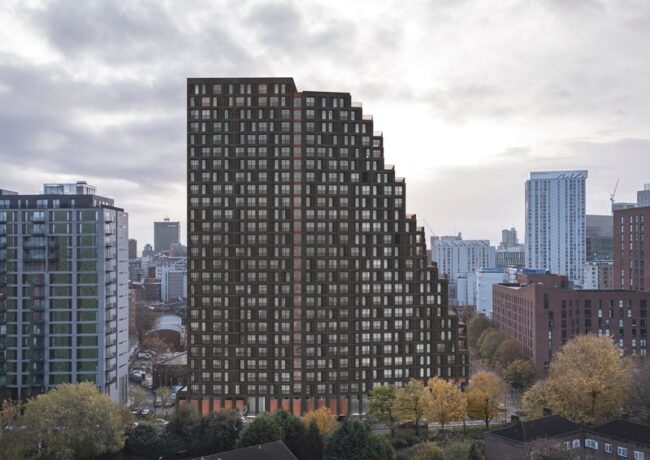Build Salford: Plugging the skills gap by giving youth a chance
Through training, mentorship and work experience, Build Salford aims to prepare young people in the borough for careers in construction with the ultimate aim of replenishing the sector’s dwindling workforce.
Build Salford is run by Salford City College in partnership with the city council and a host of private sector partners including Seddon, Salix Homes, BCEGI and Casey. So far, the programme has resulted in around 70 much-needed apprenticeships.
Providing opportunities
The aim of the initiative is to put young people through traineeships, one step before an apprenticeship, and get them ready for the world of work, explained Allan Milne, director of business development and apprenticeships at the college.
“Employers want to go into Salford and find those young people who are a little bit removed from the labour market.
“We want to target those people who may have had challenges and may have struggled a little bit in their backstory.”
Build Salford was born out of the Pendleton private finance initiative, a project aimed at delivering more than 1,500 new homes and refurbishing 1,000 more in Salford.
With social value in mind, the city council sought local young people to get involved in the project but found that most didn’t have the requisite skills, or simply weren’t prepared for the rigours of the construction environment, Milne explained.
“Out of five who went for an interview only one would get an apprenticeship. What about those kids who weren’t getting them?
“That’s where the idea of Build Salford came from. We want to give [young people] that little bit of extra experience, knowledge, and confidence, to eventually move into sustained employment.”
A holistic approach
Build Salford targets young people who may have dropped out of education and are struggling to find work.
One, Richie Anderson, admits he had been mixing with “the wrong kind of people”, before going back to college and enrolling with Build Salford.
Anderson is now an apprentice plasterer with Casey.
Another alumnus, Nathan Butcher, was given the Salford City College’s built environment apprentice of the year award in 2020 for his work with Seddon, a company delivering a series of affordable housing projects for Salford City Council.
The education given to trainees is holistic. As well as helping them get their CSS cards and imparting building site basics, teaching young people how to conduct themselves generally is a key focus of the Build Salford ethos.
This means that the lessons learned are transferable should an individual ultimately decide not to pursue a career in construction.
By “shaping them and their behaviours so they are ready for the world of work”, students will prove to others and themselves that they can move into sustained employment, Milne said.
“It’s really innovative because of the collaboration and the wide range of employers and partner stakeholders involved,” Milne added.
Social value and skills
As well as benefiting young people, Build Salford provides those partner companies with the opportunity to fulfil their social value requirements, while also helping to plug the growing skills gap in the construction sector.
“There is a massive need in the sector. It is vital that we afford young people a second, third or fourth chance and the opportunity to move into construction,” Milne said.
While not all of the partner companies are based in Salford, the borough’s growing pipeline of work means that there is no shortage of projects for Build Salford trainees to get involved in.
That huge pipeline of work is one of the drivers of construction’s skills shortage. But there are other reasons behind the decline of eligible workers in the sector.
“Construction has an ageing workforce and a lot of people are retiring and leaving the industry,” Milne said.
More should have been done to pre-empt this in the early 2000s and companies are now having to work even harder to attract young talent, Milne added.
The physical demands of a career in construction could also be contributing to construction’s struggle to attract talent.

Seddon is delivering a series of housing projects for Salford City Council.
Credit: PRP via planning documents
Milne agrees that there are “traditional views about the demand and physical rigour of construction” but argues there is a huge range of jobs up for grabs through Build Salford that are less taxing on the body, including quantity surveying and site management.
Regardless of the role trainees end up taking, Milne believes a culture shift in the way construction companies are run means that workforces are now better cared for overall.
“Some of the construction companies that we work with are fabulous organisations that look after their employees really, really well. Gone are the old days of that not being the case,” he said.
Next steps
The next step for Build Salford is to look into how it can help adults reskill and train for careers in construction. The organisation also has its eye on working in other sectors facing skills shortages.
“Hospitality and catering we know are in huge need of talent,” Milne said.
But whether helping young people or adults, construction or hospitality, the social impact of Build Salford is the most important thing, according to Milne.
“There are so many wider benefits in terms of social economics. Showing and presenting opportunities means that [people] will learn and go and preach to their friends and peers that there are opportunities in Salford that can really make a difference.”






One of the biggest disappointments of the last 10 years is the lack of local youngsters who have not been interested in getting into the construction industry, we must do more for our locals rather than continually importing the workforce building the developments that foreign investors make billions from and the councils (Salford and Manchester) take their taxes on
Health and education must improve for salfordians and Mancunians
By Salford Red